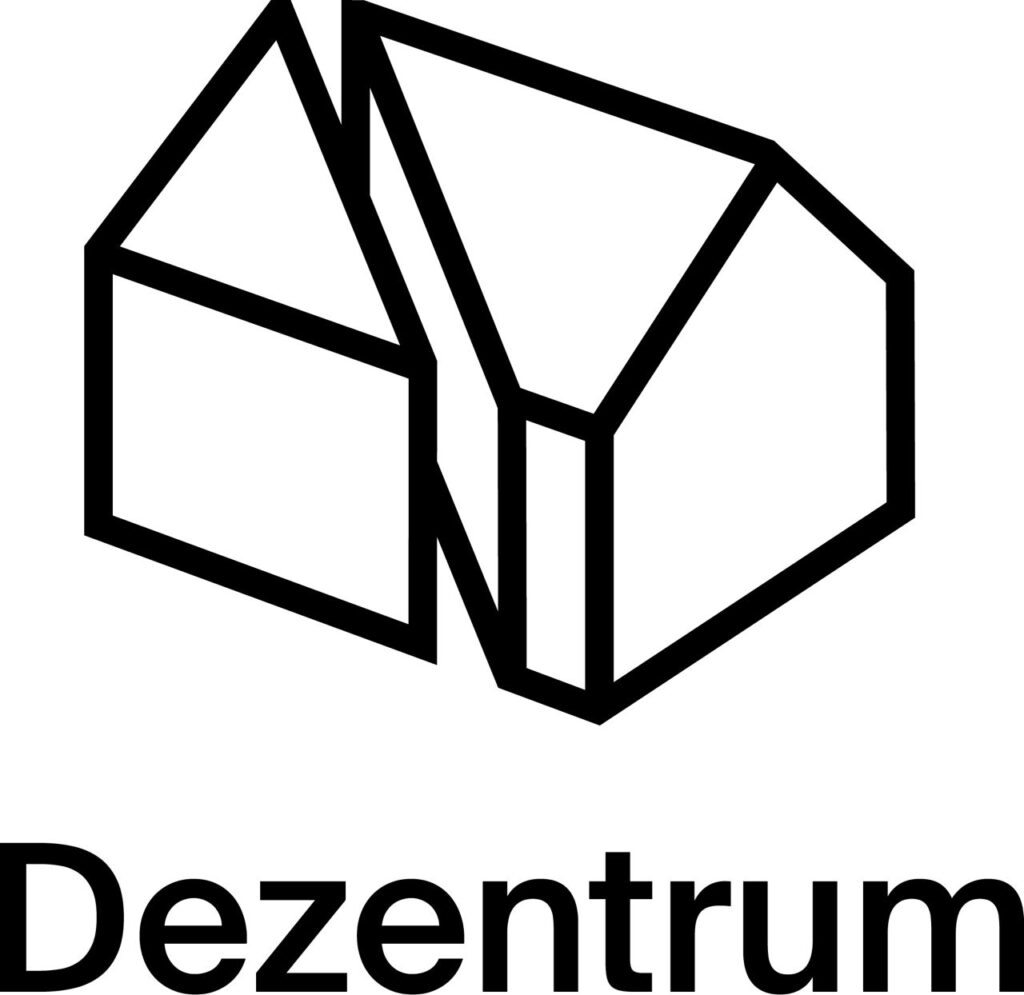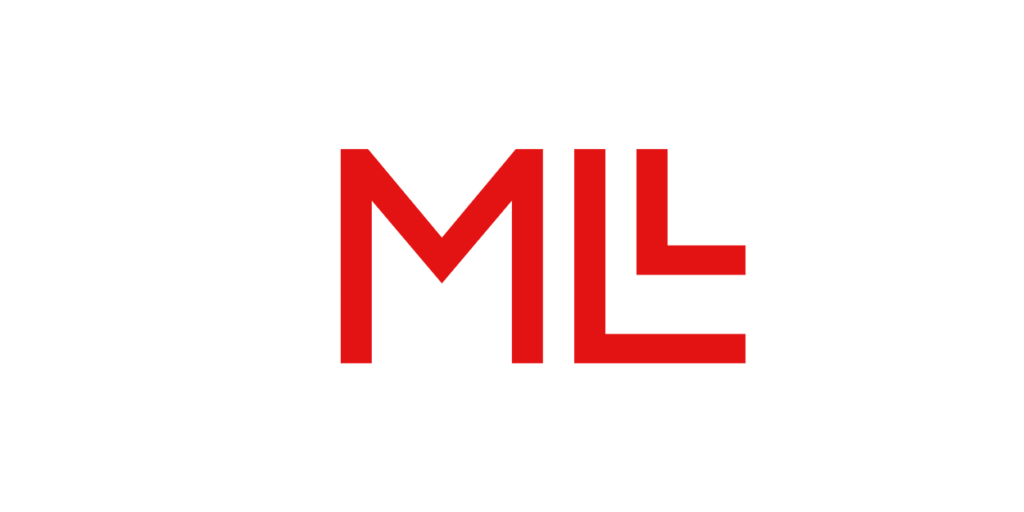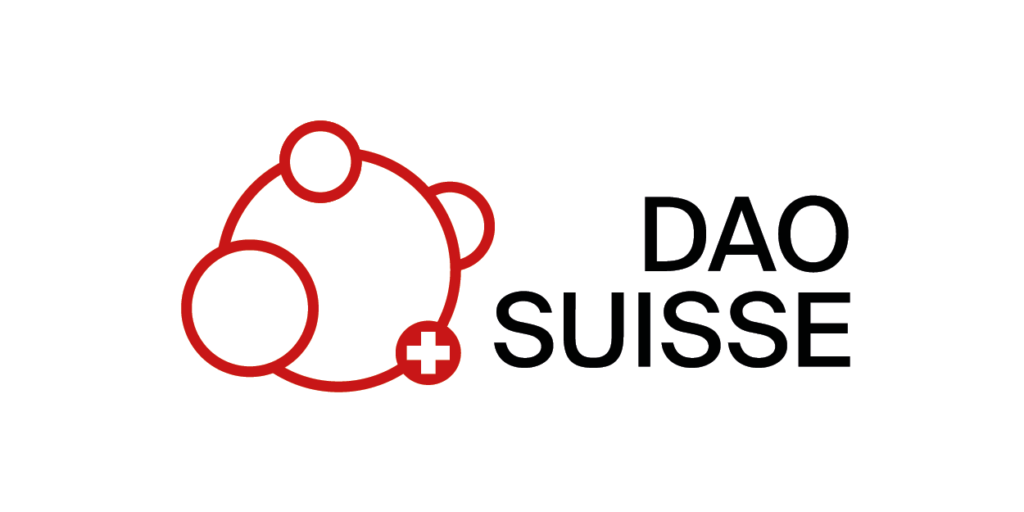Schedule
Download Full Program
| Day 2 | Time | Agenda Item | Location |
|---|---|---|---|
| Friday, July 5th | 08:30 – 09:00 | Arrival & Welcome Coffee | Foyer |
| 09:00 – 09:40 | Power and Participation in DAOs Keynote by Prof. Dr. Javier Arroyo Gallardo Slides | Main Hall | |
| Change Rooms | |||
| 09:50 – 10:30 | Paper & Abstract Session Track A (Chair: Dr. Michael Lustenberger) Abstracts 1. Towards a Comprehensive Decentralization Metric for DAOs Stamatis Papangelou, Klitos Christodoulou, Marinos Themistocleous and Antonios Inglezakis 2. Attacks on DAOs Rainer Feichtinger, Robin Fritsch, Lioba Heimbach, Yann Vonlanthen and Roger Wattenhofer 3. From Corporate (Law) Theory to DAO (Law) Theory Michael Schillig Paper 1. On costly signalling in DAOs: A research agenda Darcy W. E. Allen, Jason Potts, Julian Waters-Lynch, and Max Parasol __________________________ Track B (Chair: Prof. Bruno Pasquier) Abstracts 1. Legal Status of Decentralized Autonomous Organizations (DAOs) Under Turkish Law Salih Karadeniz 2. Bridging Innovation and Regulation: Towards Regulatory Equivalence for Blockchain-Based Dispute Resolution Platforms Jamilya Kamalova 3. DAO Legal Wrappers in Switzerland, Liechtenstein and UAE: A Practical Guide Janina Pietrowska, Raphael Züger, Irina Heaver, Alla Melnichenko and Elisa Verner Steen Paper 1. Redefining Accountability: Navigating Legal Challenges of Participant Liability in DAOs Aneta Napieralska and Przemysław Kępczyński | Track A: Room 101 Track B: Room 102 | |
| 10:30 – 11:00 | Break | Foyer | |
| 11:00 – 12:00 | Parallel Workshop Session Workshop I: DAOs & DeFi with Crypto Finance AG Workshop II: DAOs & AI with AI Innoboster Workshop III: Legal Aspects of DAOs with MLL Legal Workshop IV: DAOs & Community Management with DAO Suisse | Rooms 123 124 125 126 | |
| Change Rooms | |||
| 12:10 – 12:50 | Panel Discussion on DAO Research Dr. Eleonóra Bassi (Moderator) Prof. Dr. Florence Guillaume Prof. Dr. Andrea Leiter Prof. Dr. Ellie Rennie | Main Hall | |
| 12:50 – 13:00 | Closing Remarks | Main Hall |
Keynotes
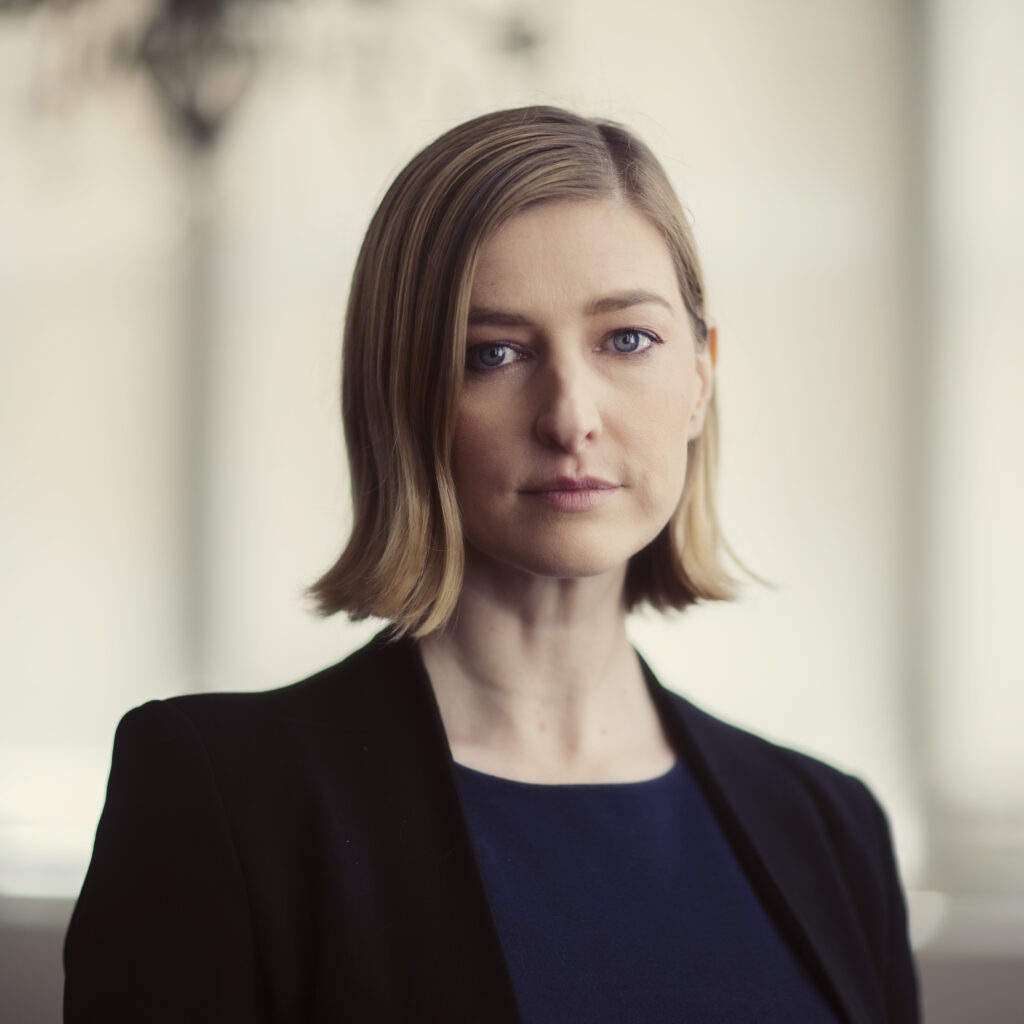
Ellie Rennie – Professor at Royal Melbourne Institute of Technology
Keynote: What is a good DAO?
How do we discern quality in a DAO? To address this question, I construct a fictional DAO, a creature made of components from my ethnographic research. I consider how these DAO elements solve problems of governing information, managing community and creating value and how these are typically assembled into DAO evaluations. But I argue that this component-based process fails us in total. Instead, I propose a new framework for evaluating the quality of a DAO that follows how consensus on value is derived from contributions. This enables a design and diagnostic approach to DAO science.
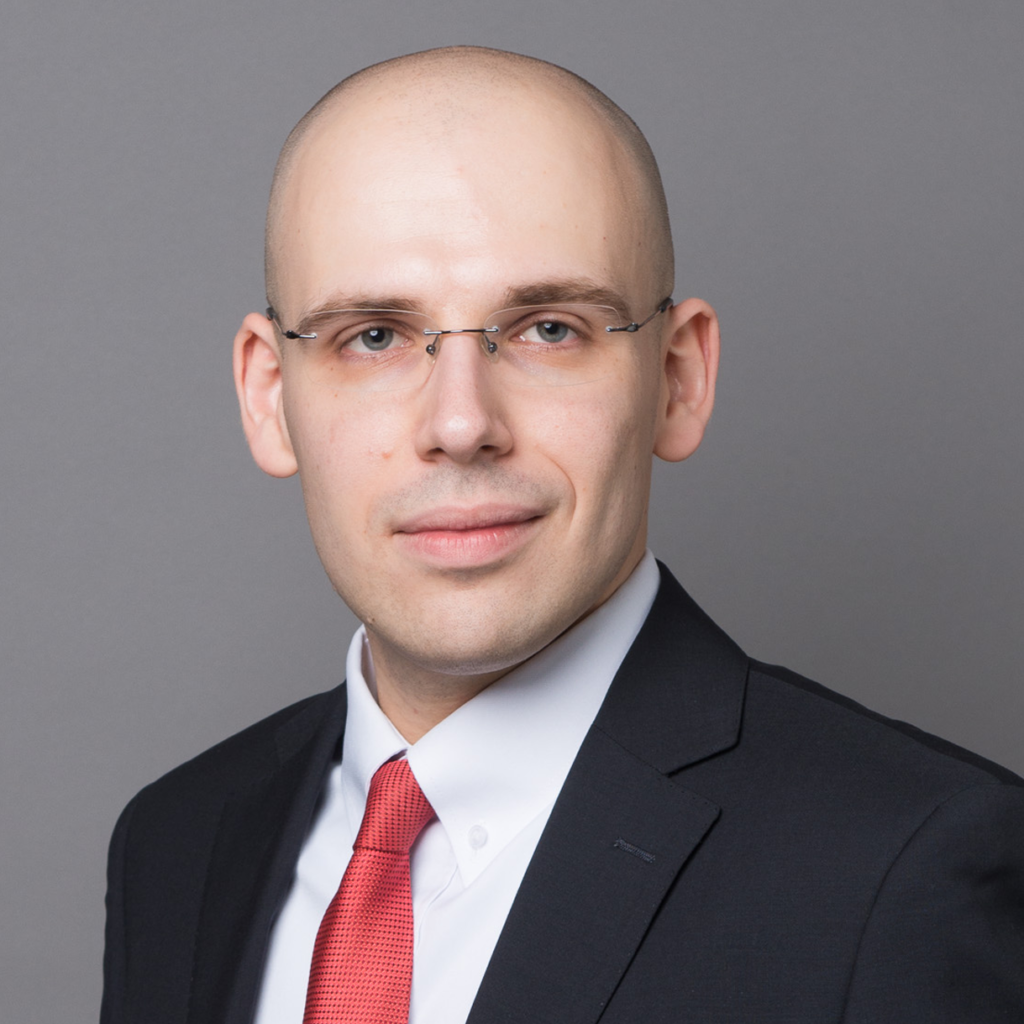
Fabian Schär – Professor for DLT (Blockchain) and Fintech, University of Basel
Keynote: On Blockchain Governance
The keynote is based on several research papers and will explore how blockchain-based infrastructure (settlement layer and protocols) is governed. We will study voting behavior, proposals and governance token allocation in Ethereum, DAOs, and DeFi.
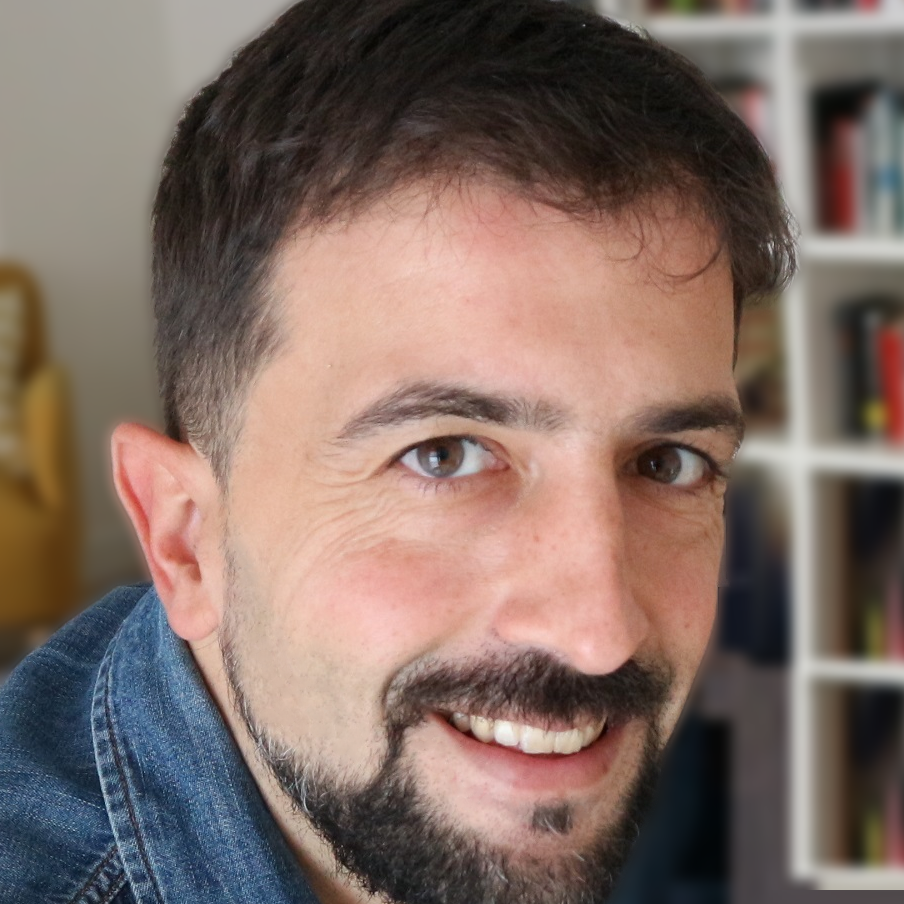
Javier Arroyo Gallardo – Associate Professor at the Universidad Complutense de Madrid
Keynote: Power and Participation in DAOs
Decentralized Autonomous Organizations (DAOs) provide a way to collectively manage a process in a horizontal and democratic way. In this talk, we present a comprehensive quantitative analysis of the DAO ecosystem, examining 30,000 DAO communities across major platforms. Our findings shed light on the purportedly “democratic” nature of DAOs and also provide insights into their lifespan, participation rates, and concentration of power.
Workshops
Workshop I: DAOs & DeFi
Mass adaption of DeFi: Regulation vs Innovation
Moderators: Nathaniel Zollinger (Crypto Finance) & Krzysztof Gogol (University of Zurich)
In this workshop, we will explore how to navigate the gap between innovation and regulation and dive into the dynamic world of decentralized finance (DeFi). We will discuss the scientific and business aspects of DeFi, explore the technological and social definitions, and examine the various applications and inherent risks. Join us for a discussion on the central question: Should DeFi be regulated?
Workshop II: DAOs & AI
AI, Democracy, and Decentralization: A Synergistic Approach
Moderator: Malik El Bay (Dezentrum)
Artificial Intelligence is advancing faster than we can fully comprehend. Its potential is immense, but so are the risks. Can we apply principles of democracy, decentralization, and transparency to unlock AI’s full potential while mitigating its risks? In this workshop, we will explore the intersection of DAOs, Blockchain, and Artificial Intelligence to identify suitable applications.
Workshop III: Legal Aspects of DAOs
Legal and Tax Aspects of DAOs
Moderators: Andrea Trost (MLL), Stéphanie Fuchs (MLL) & Florence Guillaume (Université du Neuchâtel)
In this workshop, we will explore the benefits and drawbacks of legal wrappers for DAOs. We will particularly discuss the following topics:
- applicable law and jurisdiction;
- personal liability of DAO members;
- types of legal wrappers and structuring options;
- tax considerations and pitfalls of the different DAO structures.
Workshop IV: DAOs & Community Management
Understanding Communities: A Value-Centric Approach to DAO Design
Moderators: Sarah Nünlist (DAO Suisse / trib3s) & Marc Leuzinger (DAO Suisse / trib3s)
To design a successful DAO that achieves its goals and fulfills its purpose, effective collaboration within its community is crucial. This requires selecting the right organizational structure, governance, and token design. To make these decisions inan informed manner, a deep understanding of the community—its identity, motivations, and behaviors—is essential.In this workshop, we will introduce the Community Value Model of the Trib3s Framework. Derived from Schwartz’s theory of basic human values, this model enables us to characterize communities based on their values and anticipate their behavior.The workshop aims to explore and discuss the implications of community characterization and behavior on the organizational structure, governance, and token design of the DAO.


